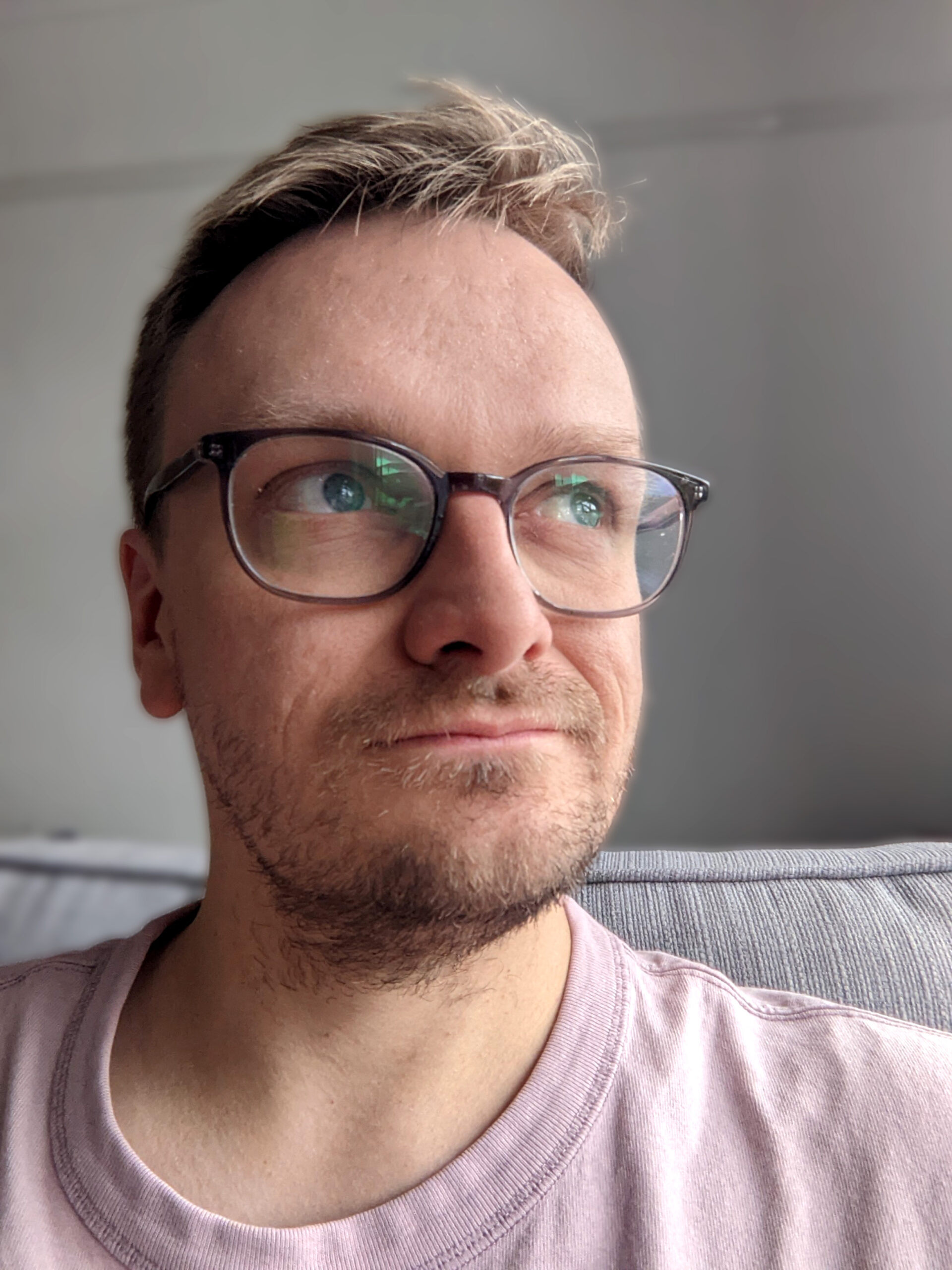
Research as Creative Rocket Fuel
Everyone has their go-to method for sparking the creative process. Some prefer brainstorming, while others enjoy doodling away to make visual connections. We might like to chat about something until an idea emerges or turn to art or music for inspiration. No matter the chosen process, there is one step that no one can afford to overlook: research. Uri’s class taught us that research isn’t just a phase but a journey to uncover the golden nuggets of opportunity that power our creativity. This SCAB will review some of the highlights of his class on harnessing research as creative rocket fuel.
To boost our odds of a creative breakthrough, we must move beyond generic lines of questioning that leave us in familiar territory or what Uri describes as canyon traps. We need to ask different, even weird, questions about the brand, customer, and context. It’s only through shaking up our questioning approach that we’ll stumble upon hidden treasure.
We can aid this process by making curiosity a ‘state and a trait’. This means embracing a mindset that values openness and a willingness to learn from people and sources outside our immediate circles. By diversifying our thoughts, we can escape our own echo chambers and produce better, more nuanced work.
For example, as well as asking who the customer is, we might ask what makes them get up in the morning. What are their fears? Where do they spend time? Is the customer even the person we should be speaking to at all? By understanding our audience’s world, we can better understand their feelings about our product. We can also look for parallel behaviours/patterns in other categories. If we’re working on breakfast cereal, why not research what’s happening in the coffee category? This method of guided questioning also applies to the other c’s, company and context.
In the latter part of the lesson, Uri shared tips for maximising research tools like Google. When we’re against the clock, it’s tempting to go for the low-hanging fruit, which can lead to cookie-cutter work. So, we need to dig deeper. Advanced search on Google helps filter things by date and format, and using shortcut words like trends, insight analysis, statistics, and market research can get us to more specific places. Images, PDFS, and Google Scholar, can also take us down great research roads.
Lastly, Uri cautioned against treating ChatGPT as a search engine or basis for research. Instead, we should use AI to explore meaning by asking it to suggest new perspectives on known topics. I tried this, and the results were surprising.
Key takeaways
- Fall down every rabbit hole
- Ask better questions
- Maximise the research tools available











